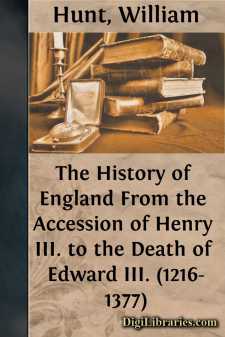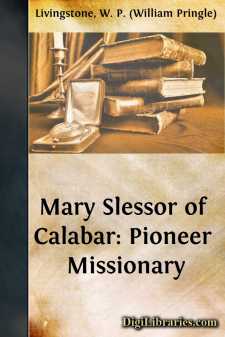Categories
- Antiques & Collectibles 13
- Architecture 36
- Art 48
- Bibles 22
- Biography & Autobiography 813
- Body, Mind & Spirit 142
- Business & Economics 28
- Children's Books 17
- Children's Fiction 14
- Computers 4
- Cooking 94
- Crafts & Hobbies 4
- Drama 346
- Education 46
- Family & Relationships 57
- Fiction 11829
- Games 19
- Gardening 17
- Health & Fitness 34
- History 1377
- House & Home 1
- Humor 147
- Juvenile Fiction 1873
- Juvenile Nonfiction 202
- Language Arts & Disciplines 88
- Law 16
- Literary Collections 686
- Literary Criticism 179
- Mathematics 13
- Medical 41
- Music 40
- Nature 179
- Non-Classifiable 1768
- Performing Arts 7
- Periodicals 1453
- Philosophy 64
- Photography 2
- Poetry 896
- Political Science 203
- Psychology 42
- Reference 154
- Religion 513
- Science 126
- Self-Help 84
- Social Science 81
- Sports & Recreation 34
- Study Aids 3
- Technology & Engineering 59
- Transportation 23
- Travel 463
- True Crime 29
The History of England From the Accession of Henry III. to the Death of Edward III. (1216-1377)
by: William Hunt
Description:
Excerpt
CHAPTER I.
THE REGENCY OF WILLIAM MARSHAL.
When John died, on October 19, 1216, the issue of the war between him and the barons was still doubtful. The arrival of Louis of France, eldest son of King Philip Augustus, had enabled the barons to win back much of the ground lost after John's early triumphs had forced them to call in the foreigner. Beyond the Humber the sturdy north-country barons, who had wrested the Great Charter from John, remained true to their principles, and had also the support of Alexander II., King of Scots. The magnates of the eastern counties were as staunch as the northerners, and the rich and populous southern shires were for the most part in agreement with them. In the west, the barons had the aid of Llewelyn ap Iorwerth, the great Prince of North Wales. While ten earls fought for Louis, the royal cause was only upheld by six. The towns were mainly with the rebels, notably London and the Cinque Ports, and cities so distant as Winchester and Lincoln, Worcester and Carlisle. Yet the baronial cause excited little general sympathy. The mass of the population stood aloof, and was impartially maltreated by the rival armies.
John's son Henry had at his back the chief military resources of the country; the two strongest of the earls, William Marshal, Earl of Pembroke, and Randolph of Blundeville, Earl of Chester; the fierce lords of the Welsh March, the Mortimers, the Cantilupes, the Cliffords, the Braoses, and the Lacys; and the barons of the West Midlands, headed by Henry of Neufbourg, Earl of Warwick, and William of Ferrars, Earl of Derby. This powerful phalanx gave to the royalists a stronger hold in the west than their opponents had in any one part of the much wider territory within their sphere of influence. There was no baronial counterpart to the successful raiding of the north and east, which John had carried through in the last months of his life. A baronial centre, like Worcester, could not hold its own long in the west. Moreover, John had not entirely forfeited his hereditary advantages. The administrative families, whose chief representative was the justiciar Hubert de Burgh, held to their tradition of unswerving loyalty, and joined with the followers of the old king, of whom William Marshal was the chief survivor. All over England the royal castles were in safe hands, and so long as they remained unsubdued, no part of Louis' dominions was secure. The crown had used to the full its rights over minors and vacant fiefs. The subjection of the south-west was assured by the marriage of the mercenary leader, Falkes de Bréauté, to the mother of the infant Earl of Devon, and by the grant of Cornwall to the bastard of the last of the Dunstanville earls. Though Isabella, Countess of Gloucester, John's repudiated wife, was as zealous as her new husband, the Earl of Essex, against John's son, Falkes kept a tight hand over Glamorgan, on which the military power of the house of Gloucester largely depended. Randolph of Chester was custodian of the earldoms of Leicester and Richmond, of which the nominal earls, Simon de Montfort and Peter Mauclerc, were far away, the one ruling Toulouse, and the other Brittany....













